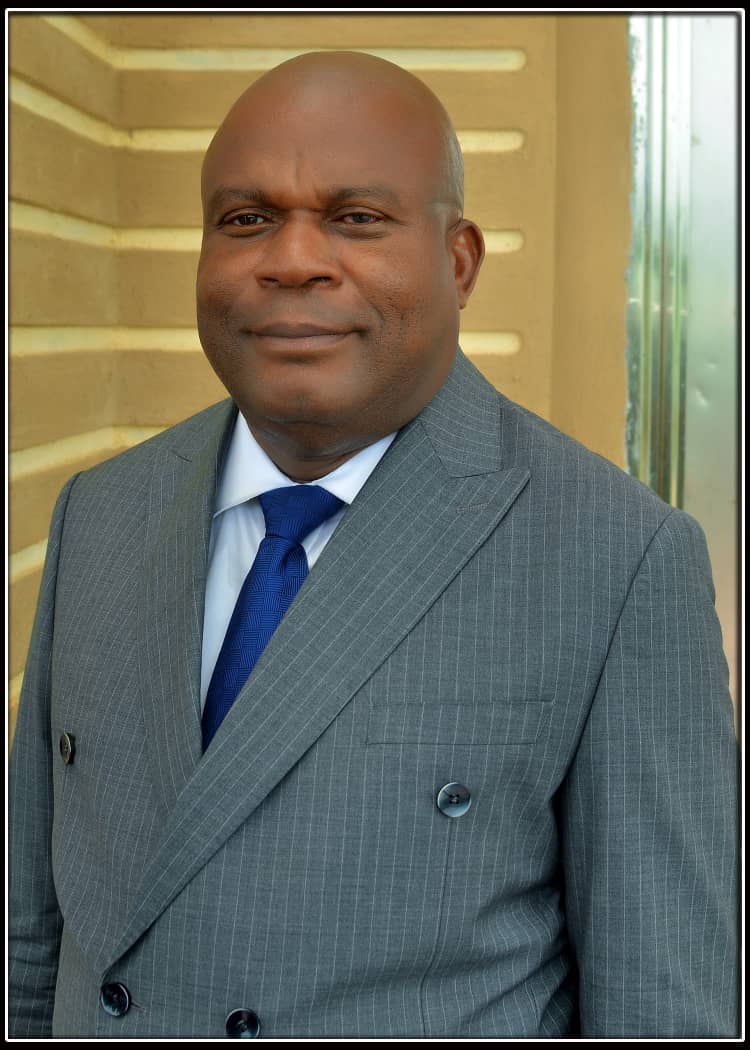
The Journal of Education Insights (Print:2972-4856 Online:2972-4864)is an international academic journal aimed at promoting research and knowledge exchange in the field of education. This journal is committed to promoting innovation and development in the field of education, providing an open platform for education practitioners, scholars, and decision-makers to share their insights, experiences, and research results. We welcome original and high-quality research papers, comments, and practical cases covering various educational stages and fields.
Editor-in-Chief
All publications
Database Indexing






